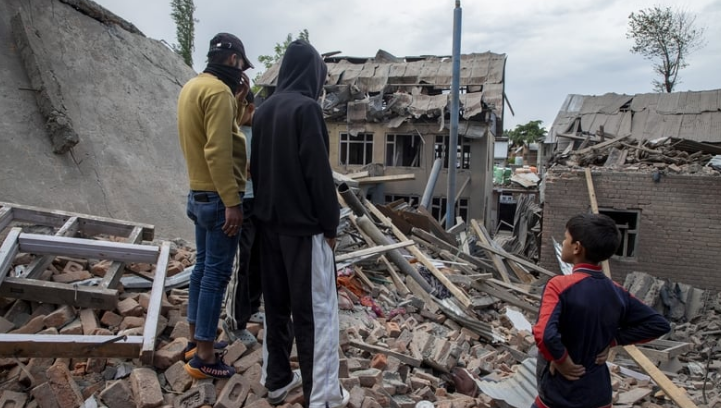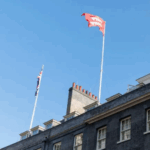Troops from India and Pakistan exchanged gunfire along the disputed Line of Control (LoC) in Kashmir for the third consecutive night, Indian officials confirmed today, amid rapidly escalating tensions between the nuclear-armed neighbors.
The flare-up follows the deadliest attack on civilians in Kashmir in more than two decades. On April 22, gunmen opened fire at a popular tourist destination in Pahalgam, killing 26 people. Indian authorities have blamed Pakistan for supporting what they described as “cross-border terrorism,” naming two Pakistani nationals among the suspects currently being hunted.
Pakistan has strongly denied any involvement, dismissing India’s accusations as “frivolous” and warning it would respond if provoked by Indian actions.
According to the Indian army, the latest exchange began when Pakistani forces initiated “unprovoked” small arms fire across the LoC. Indian troops “responded effectively with appropriate small arms fire,” the statement said. Pakistan has yet to confirm or comment on the most recent skirmish.
The fallout from the Pahalgam attack has severely strained already fragile relations. India has suspended a key water-sharing treaty, closed its mainland border crossing with Pakistan, downgraded diplomatic ties, and cancelled all visas issued to Pakistani citizens. In retaliation, Pakistan ordered the expulsion of Indian diplomats and military officials, cancelled visas for Indian nationals—excluding Sikh pilgrims—and shut its main border crossing to India.
The United Nations has intervened, urging both sides to exercise “maximum restraint” and encouraging “meaningful mutual engagement” to resolve their differences peacefully.
The rising hostility threatens to undo years of cautious diplomatic efforts and raises fears of a broader conflict between two nations that have fought multiple wars since gaining independence in 1947. For now, the region remains on edge, with heavy military presence along the LoC and no immediate sign of dialogue to deescalate the crisis.

















